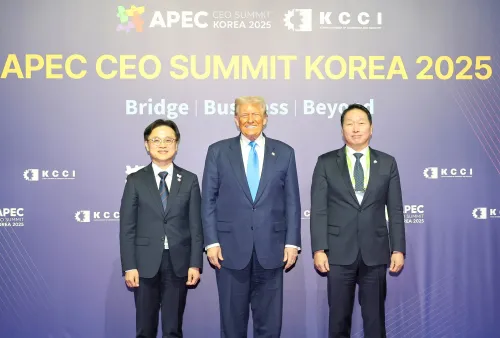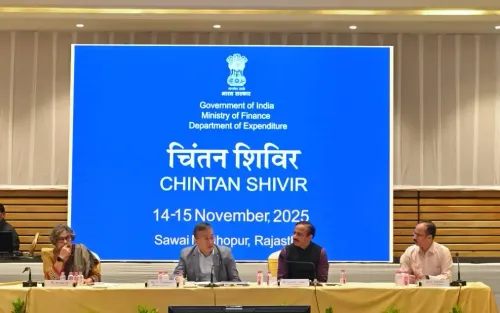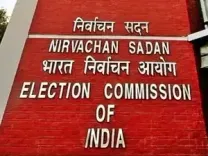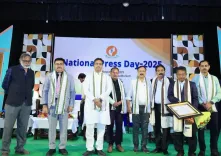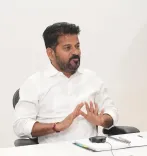Will ICAR's New Sugarcane Research Team Transform the Industry?
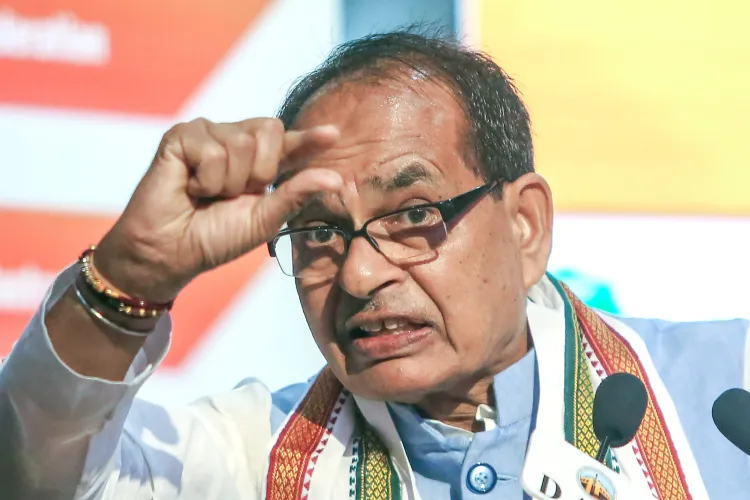
Synopsis
Key Takeaways
- A dedicated ICAR team will enhance sugarcane research.
- Focus on disease management and developing alternatives.
- Addressing mono-cropping challenges is crucial.
- Importance of bioproducts for farmer profitability.
- Training and mechanization to tackle labor shortages.
New Delhi, Sep 30 (NationPress) The Union Agriculture Minister Shivraj Singh Chouhan announced on Tuesday the formation of a dedicated team within the Indian Council of Agricultural Research (ICAR) aimed at enhancing sugarcane research throughout the nation.
This specialized team will also be tasked with developing a comprehensive sugarcane policy. The Minister made this significant declaration during a national forum focusing on the sugarcane economy, organized by Rural Voice in partnership with the National Federation of Cooperative Sugar Factories and ICAR.
Chouhan highlighted that sugarcane variety 238 has demonstrated favorable sugar content but is susceptible to red rot disease. He stressed the urgent need for concurrent development of alternatives. He noted that disease management is a major challenge, as new varieties frequently introduce new disease threats.
The minister pointed out the detrimental effects of mono-cropping, which leads to various challenges such as nutrient depletion and restricted nitrogen fixation. He suggested that transitioning from mono-cropping to intercropping warrants careful evaluation.
"We recognize these challenges," Chouhan stated. "Our focus must be on enhancing production and mechanization, minimizing costs, and optimizing sugar recovery. Water usage is a pressing issue. Following the principle of ‘per drop, more crop,’ we need to devise strategies that lessen water consumption. Simultaneously, we must address the financial strain on farmers, as drip irrigation entails substantial expenses."
The minister also emphasized the significance of bioproducts. While ethanol and molasses are widely used, he expressed the need for new value-added products to bolster farmers' earnings. He pointed out the promise of natural farming in reducing reliance on fertilizers.
He recognized the challenges within the sugar value chain, affirming that farmers' concerns about late payments are legitimate. While sugar mills face their own obstacles, he argued that farmers often find themselves at a disadvantage due to delays in payments.
Furthermore, he addressed the shortage of agricultural labor and proposed training and capacity-building initiatives, along with mechanization innovations, to lessen the labor demands of sugarcane harvesting.
ICAR Director General and DARE Secretary, Dr. M.L. Jat, outlined four crucial areas that the research must focus on: establishing clear research priorities, identifying developmental hurdles to advance research, addressing industry-specific issues, and proposing policy measures to support the sector.

